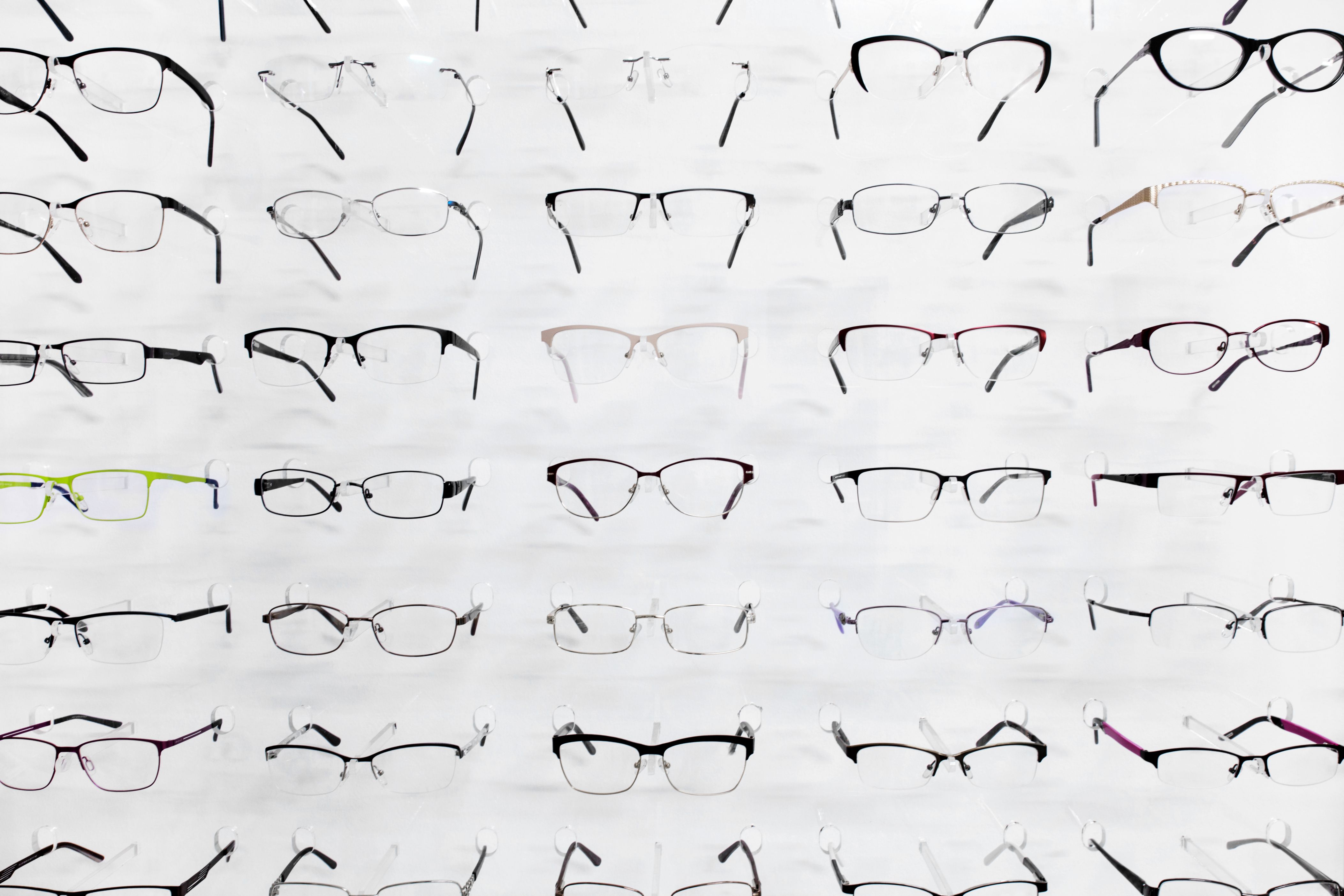Find High Quality Sunglasses
Looking to find high quality sunglasses? Don’t let the designer label or dollar sign make your decision. There are a number of things to consider when you want to find high quality sunglasses. For example, do the sunglasses offer UV protection? Is the frame made of durable materials? Do they provide adequate coverage to protect your eyes and the sensitive skin around them?
How important is UV protection?
Don’t let the color of the lens fool you. UV-blocking capability and the darkness of the lens are not one and the same. In fact, UV protection is dependent on whether or not certain chemicals have been applied to the lenses during manufacturing, not the lens color or depth of tint.
So, to ensure your eyes are protected, when you want to find high quality sunglasses, always look for sunglasses that are labeled as blocking 99% or 100% of UV rays. Some labels will also say “UV absorption up to 400nm” or UV400, which is equivalent to 100 percent protection. Keep in mind that shielding your eyes from the harmful effects of UV exposure should be your No. 1 priority when picking out high-quality sunglasses.
What sunglasses frame materials are best?
When wanting to find high quality sunglasses, it is true that the shape and style of your sunglasses are important, but you must also consider whether the frames are durable enough for your lifestyle.
According to The American Academy of Ophthalmology, they recommend inspecting sunglass frames for weight, strength, flexibility and their resistance to corrosion and impact.
When looking for the best sunglasses, you will find that there are a variety of frame materials out there, ranging from metals, including monel and titanium, to plastics like zyl and nylon.
For many, metal frames are the popular choice due to their malleability and corrosion resistance. However, metal frames won’t offer as many style and color choices as some of the flashy plastic frames.
Plastic frames are generally less expensive and often feature an endless array of color and pattern options, but some can also be easier to break. Extreme sunlight exposure can also diminish their strength and color over time.
Each frame material comes with unique benefits and drawbacks, so it is wise to ask an eyewear professional for advice about the best option for you.
What sunglasses lens materials are strongest?
Both glass and plastic lenses have their advantages and disadvantages, so it’s up to you and your eyewear provider to make the right choice.
Most people find that glass lenses are typically more resistant to scratches and offer the clearest vision. However, glass tends to be heavier, so your frame options and tinting capabilities may be a bit limited. Glass lenses also are not as impact-resistant as plastic lenses and could pose a problem if dropped.
Plastic lenses are more lightweight and usually cheaper than glass lenses, which is why the vast majority of non-prescription sunglasses and clip-on sunglass lenses are made of this inexpensive-yet-durable material.
Which lens coatings should I consider?
While lens add-ons like polarization, gradients and anti-reflective (AR) coatings won’t really contribute to actual UV protection, they can help keep your eyes comfortable and provide more style options. For example, if you participate in high-glare activities like skiing or fishing, you may want to consider polarized lenses. This specialized lens coating typically isn’t super expensive, and it will assist in eliminating glare and help prevent eye strain.
Mirrored coatings, as well as gradient and double-gradient lenses, can also be a great option for high-glare activities. Not only will they add a layer of glare defense, but they’ll also add a layer of uniqueness to your new sunglasses.
Category: Optical Goods - Retail
Featured Optical Goods - Retail
Business News
Popular Posts
- Universal Pursuit of Happiness - Wisdom from World Religions
- Overcoming Ego and Self-Centeredness - Lessons from World Religions
- Transcending Materialism - Spiritual Practices from World Religions
- Overcoming Prejudice and Intolerance - Guidance from Global Faiths
- How Mind Balance Can Improve the Mindsets of Employees
- Interfaith Insights by 1WorldPeace - The Top 100 Universal Beliefs in Global Spirituality
- Bridging Beliefs - Finding Common Ground in Love and Respect
- The SmartGuy Vision - A United Future Through Interfaith Love and Respect
- A Cautionary Vision - The Grim Future of a Divided World Without Love and Balance
- A Tapestry of Faiths - Exploring the Common Threads in World Religions
- Fostering Harmony Among Christianity Islam Buddhism Hinduism and Judaism
- Preparing Kids for Adulthood - 15 Vital Skills They Wont Learn in School
- Navigating Diversity - Jerusalem's Tactical Approach to Interfaith Harmony
- Clearing Mental Plaque: The Path to Enhanced Communication and Divine Connection
- Why Return to Jesus Christ and the Church
- Top 50 Ways to Live Longer
- Adventurous Romance -The Key to Enhancing Relationship Chemistry
- Pork Tenderloin with Mustard Cream Sauce
- Navigating Technology and Media for Optimal Mental Well-Being
- Understanding the Link Between Mental Health and Substance Abuse
